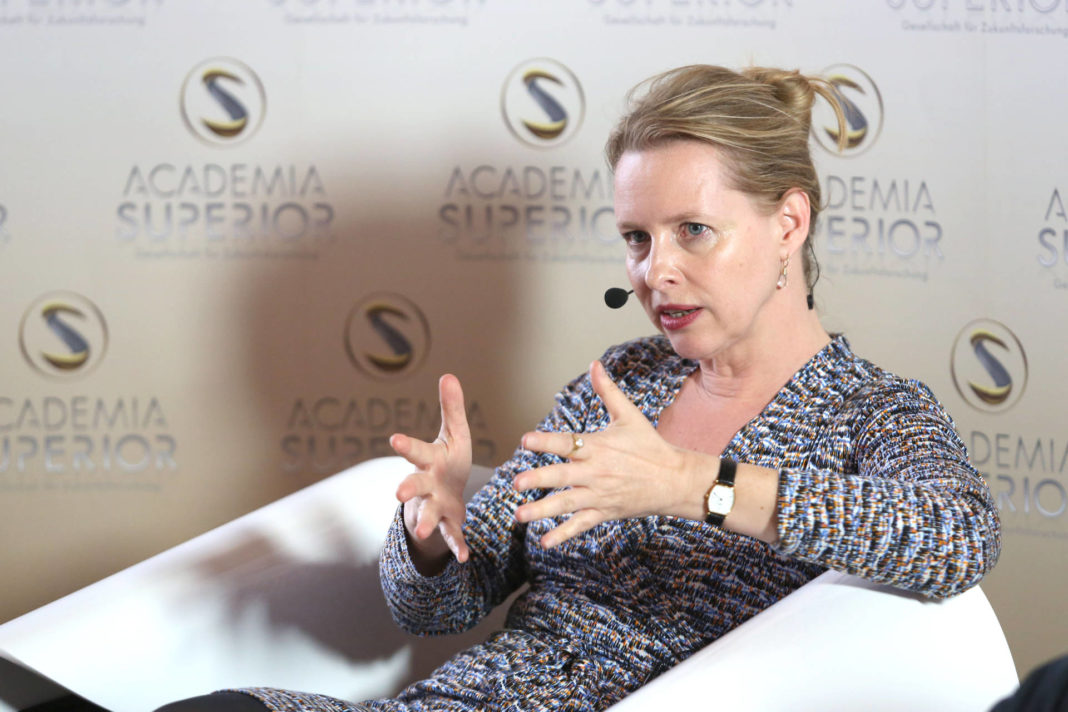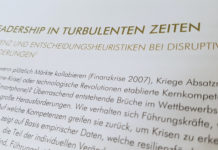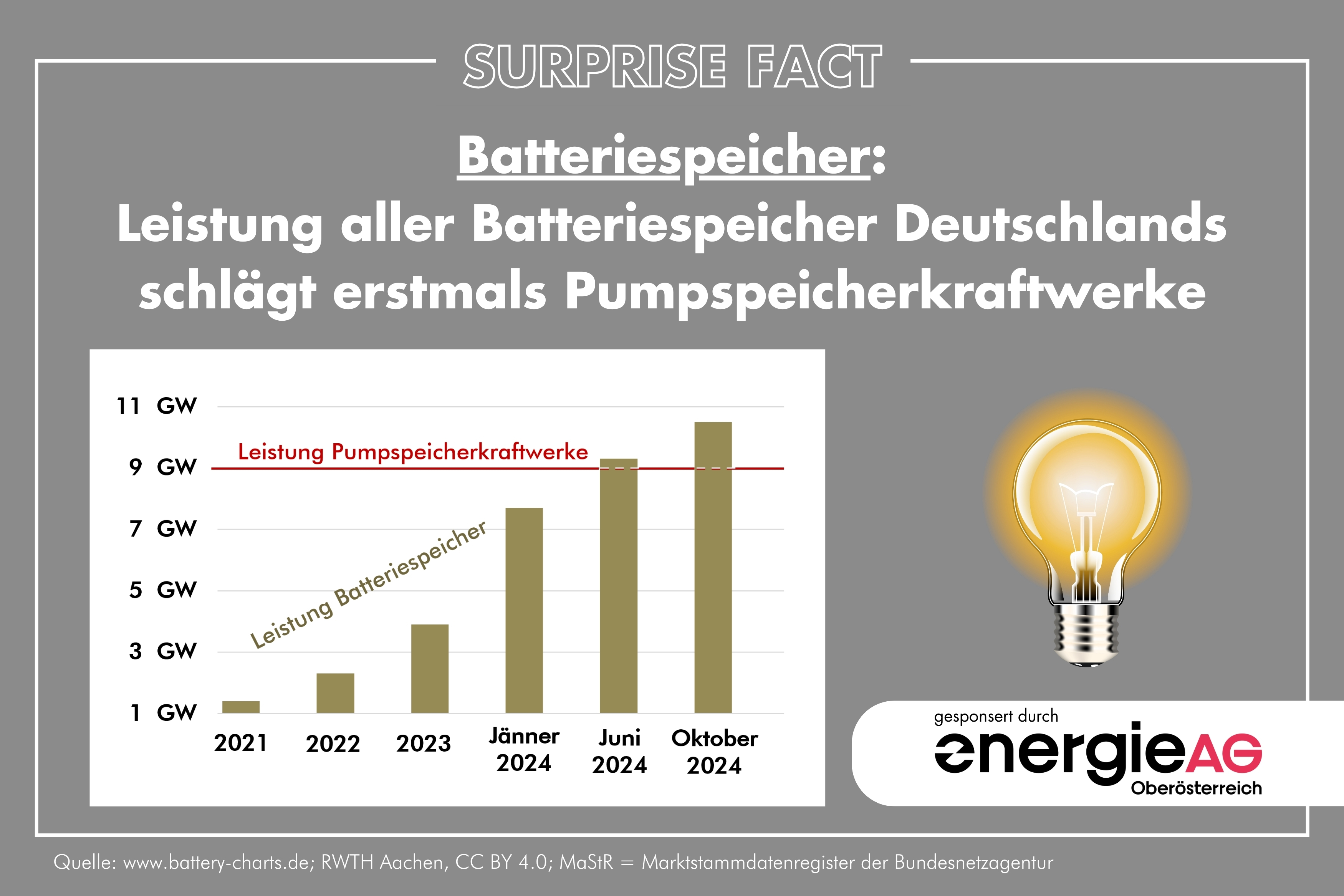The meaning of disaster fictions
Eva Horn is a cultural studies scholar and university professor of modern German literature at the University of Vienna. Her new book „The Future as a Disaster” will be published in June 2014. She was one of our experts at the SURPRISE FACTORS SYMPOSIUM 2014 in Gmunden and illuminated, from her cultural studies perspective, how our society deals with possible future and disaster scenarios and how this is reflected in our literature and movies. She also spoke about why we like to imagine future visions, how serious one can take such fictions and which functions these scenarios could have for today’s politics.
The role of post-apocalyptic scenarios we see more and more often in books and movies is complex. Mankind has always told such stories — older examples would be the Revelation of John in the Christian New Testament or the Germanic twilight of the Gods. Today, almost no week goes by without a new apocalyptic movie in the theaters. The simpler perceptions of a general threat in the past have shifted to a situation in which we are afraid of many possible future crises but do not know which one will become reality. In this situation, fictions in books and films can help:
- In fictions we can explore a specific disaster or crisis scenario and figure out, what would happen if it became real.
- Fictions give us the opportunity to find out, which different types of fear we have.
- Fictions provide images of a possible future and tell us: If we don’t do something or are not vigilant, this could be how it will turn out.
- Fictions can be used as instruments to discuss ethical conflicts. For example one question that often arises during a disaster is: who should be helped first?
- Fictions ask difficult questions: What are our values? Which strategies could offer the greatest chances of survival?
Even scientist who are trying to build up more resilient structures, are practicing in inventing possible future scenarios. It is merely a gradually different kind of fiction than we find in literature.
The Dark Side of Humanity
Viewing such disaster-narratives from a historical perspective, it becomes obvious that they always reflect both the worst fears of their era and its state of information. In these fictions mostly a dark picture of humanity is reflected:
- Man is weak
- One cannot count on others
- Solidarity is very rare
- If the infrastructure shatters, the dark side of people is revealed
The Good Side of Humanity
But there are also counter-examples. E.g. in computer games there is an emerging trend of games which require the cooperation of players. These internet games (in short: MMOGs — massively multiplayer online games), where hundreds of players have to cooperate to achieve a goal, can be seen as big social experiments whose outcome is not yet clear.
In these fictions one can see which characteristics real heroes or leaders need. Fictional heroes are persons who show us how to stay humane in an environment that actually doesn’t allow that. These heroes have three abilities:
- They have enough insight to foresee what will come — they have a prophetic or prognostic function.
- They enable cooperation instead of selfishness i.e. they show how we can cooperate in a surrounding where selfishness would be the first intuition.
- Heroes are the catalyst that helps to go beyond your own borders.
Quotations:
- „You need a certain degree of moral indifference to enjoy those movies.”
- „We do not know what will happen — that’s why we only have our imagination.”
- „We are witnessing a shift of our fears from a simple world to one in which more complex factors are at work.”
- „Computer games show a growing phenomenon, namely that cooperation in fictional settings is possible.”
- „Fictions provide images that say: If we do nothing, the world will once become like this.”
Connecting factors for ACADEMIA SUPERIOR
Points for further discussion
- What qualities should policy makers have?
- Are there already some realistic future scenarios to be found in literature?
- What can we learn from these scenarios?
- Which etchical decisions are made in these fictions?
Tools for development
- Developing strategies that enable cooperation in a crisis situation
- Database of possible realistic future scenarios from literature and film







